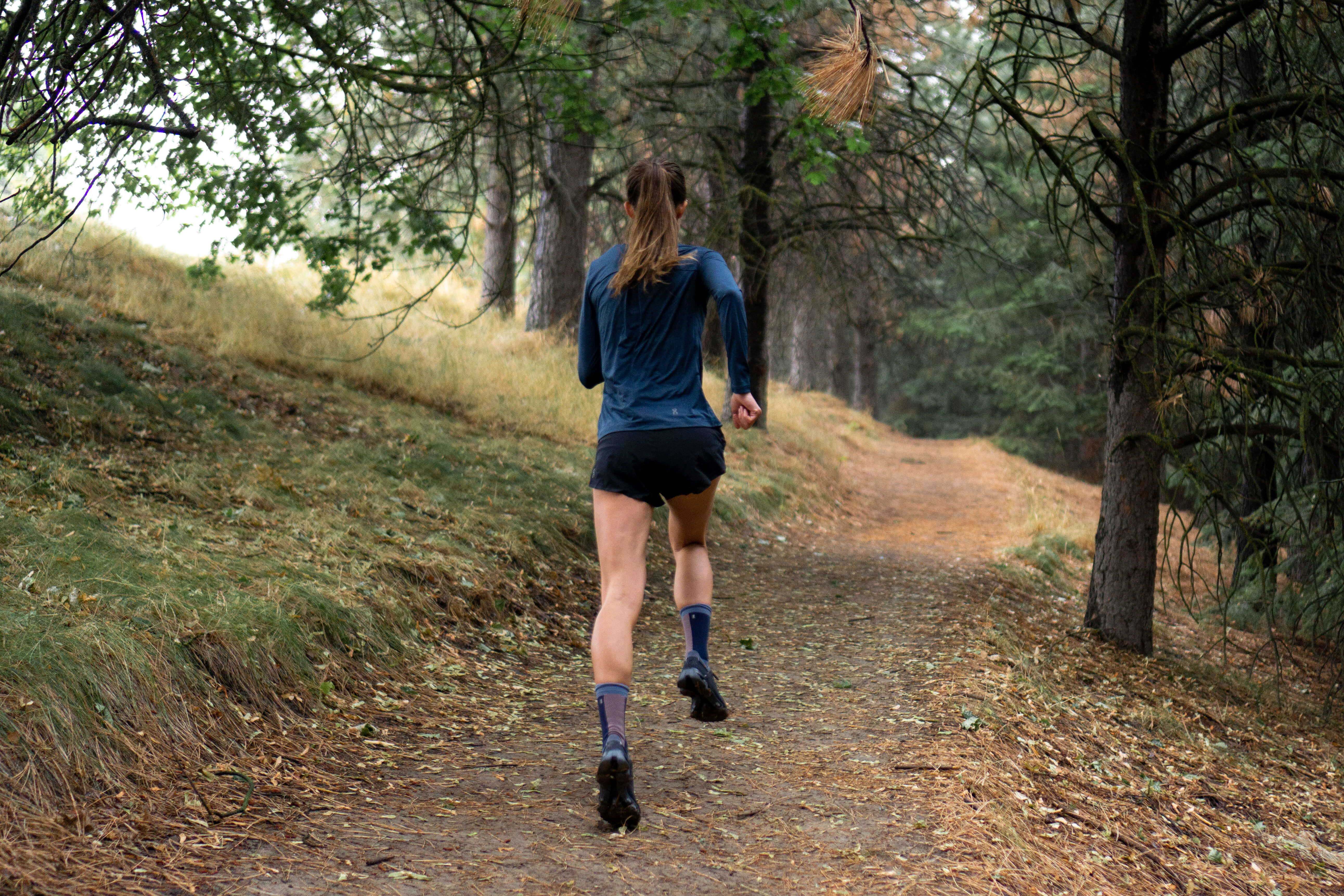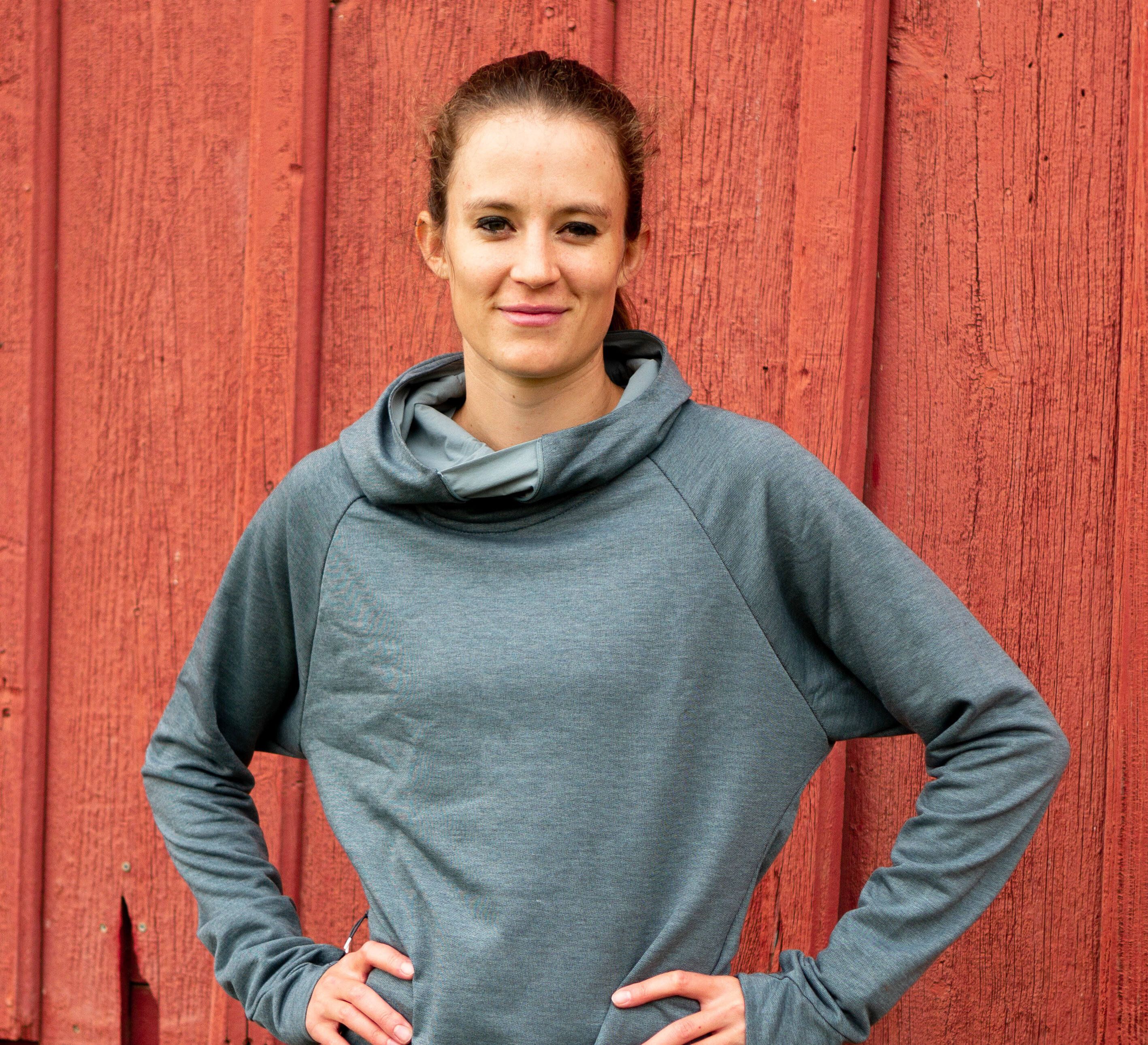Part 1
I have been running since I was seven years old. As I have developed and grown as a person, my relationship with running has changed – over the years I have become a runner. When I first started running, I did not run because I enjoyed the act of running. I ran because I was good and I liked to win; I was or wanted to be a winner. I learned from a very young age that society values objective success, participating was not good enough, “Children are taught to compete, but they are also socialized into knowing that is important to win and that winners are somehow better off than losers” (Thomas, 1983). My relationship with running formed around my success. I did not begin running because I loved the sport, I loved to win, and I was good which fueled my desire to keep running. Though what I found was that a relationship with running solely fueled by the objective was not sustainable nor enjoyable. I was in a toxic relationship with running because regardless of my effort, I was never satisfied unless I won or ran faster than I had before. One could almost guarantee that they could find me after a race in tears because, in my perspective, I just kept failing. Though if I were ever to find meaning in the run, to become a runner, I would need to redefine my relationship with the run.

In the beginning, Running allowed me to stand out amongst my peers and I felt like I was a part of a coveted running community which I only gained access to because I was successful. When I did not meet my performance expectations, I believed that not only did I fail, but I did not deserve to be a part of the running community. Throughout my running career, I would retreat from my teammates after a rough race. For instance, at the Xterra Trail World Championships in December 2021, I was unhappy with my performance. I finished in fifth place, which may sound great, but I did not feel like I gave myself the chance to truly pursue my own personal excellence. Since I believed I had failed, I did not believe I deserved to spend time with my competitors and friends post-race. I felt like an outsider in the community like my membership had been revoked because of my mediocre performance.

Part 2
Over the last six weeks I started working with a sports psychologist, Shannon Thompson, who works with other professional and collegiate runners, and Shannon is highly regarded in the running community. I know that sport psychology tends to focus on what is versus what ought to be, and thus tends to use a dualistic perspective that misses part of the experience (Dr. Sharon Kay Stoll, personal communication, Fall 2021). However, Shannon has provided the space for me to further reflect on my relationship with running. I have learned more about myself as a Runner since working with Shannon. Through the process of explaining my journey and relationship with running, Shannon used the term “dual personalities” to describe the internal battle I experience in running. From my coaching experiences and everything I have learned about the lived experience through my master’s and Ph.D. programs, I recognize that the objective experience will never fully capture one’s experience. I also understand and acknowledge just how damaging solely focusing on the objective result can be to one’s wellbeing. And yet, I cannot seem to always “practice what I preach.”

My dominating personality is the “Objective Monster” that feeds on my confidence, resulting in self-doubt fueled by comparison traps. Sometimes I do not feel like I am in control when the “Objective Monster” takes over and I cannot prevent the downward spiral that ensues with my confidence. I do not understand why I entertain the “Objective Monster” because the “Objective Monster” makes me feel horrible and prevents me from running to my potential. Though my other personality, which is driven by my mantra, “I am just here to play,” is rarely given the spotlight because my desire to play is working against 27 years of beliefs that have been ingrained by my emotional brain’s desire to belong. My “basic truths” of running, how I viewed myself as a runner, what being a runner means, and what a runner does, were all characterized by the objective, which is highly valued in society. My goal is to establish a different belief system because I know that I cannot become the runner I aspire to be if I do not. And I really want to see what I can do on the trails and the mountains when I truly trust myself and run free.

A common term used in running is “Dig deep” to encourage athletes to find another gear in the final moments of a race. Running has provided a way for me to “Dig deep” into my soul and unbury my true sense of self. I cannot fake who I am on the trail, running demands that I am Real. Though, searching deep within oneself to discover who they are is not an easy task. However, what I am learning is that if I continue to reflect on running and keep attempting to understand myself as I grow and develop as a human, I will continue to learn more about myself. I have learned more about myself as a Runner and Human in the last five years than I have in the first 15 years of my running career. And the last five years as a result have been the most satisfying and challenging times of my running career as I engage with my inner dialogue to understand who I am. I am becoming and will become.
References
Thomas, C. E. (1983). Sport in a philosophic context. Lea & Febiger.

